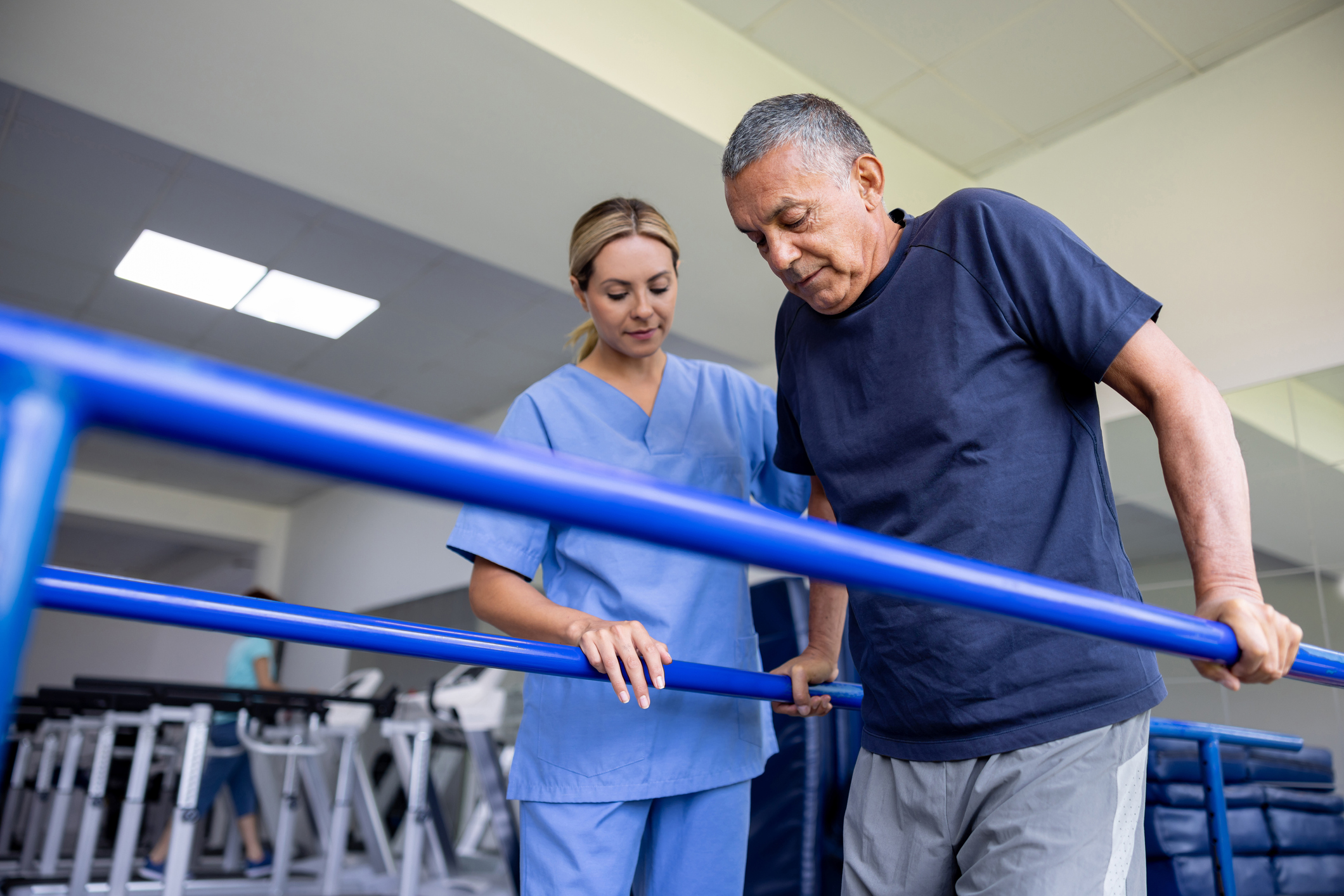The Impact of Athletic Rehab on Accelerating Trauma Recovery and Improving Sporting Performance
Wiki Article
Athletic rehabilitation plays a crucial role in assisting sportspeople heal from injuries and improve their total capability. When sportspeople get injured, it can be frustrating and demoralizing. However, with the appropriate recovery plan, they can come back to their sport stronger and more prepared than before. Sports recovery focuses on specific exercises and therapies that address the damaged area, aiding to alleviate pain and restore function. This procedure not only assists in recovery but also enhances sports capability by tackling any deficiencies or imbalances that may have led to the injury.
One of the essential components of sports recovery is the assessment of the trauma. A qualified professional, such as a physical therapist or athletic trainer, evaluates the sportsperson's status to determine the most effective course of treatment. This assessment includes understanding the kind of trauma, its extent, and how it impacts the sportsperson's ability to perform. By gathering this information, the recovery expert can develop a personalized treatment plan that includes exercises, stretches, and modalities like ice or heat treatment. This individualized method ensures that the sportsperson receives the most effective treatment for their particular needs.
As athletes progress through their recovery, they often participate in different exercises designed to strengthen the damaged area. These exercises may include strength exercises, flexibility work, and stability training. Strengthening the muscles around the injury helps to support the articulation and avoid subsequent injuries. Additionally, improving flexibility can enhance the range of motion, allowing athletes to execute better in their sport. Balance training is also essential, as it assists sportspeople maintain stability and control, which are critical for peak performance.

Another important aspect of athletic recovery is learning. Athletes learn about their traumas, the recovery process, and how to prevent subsequent issues. This knowledge empowers them to take an proactive role in their rehabilitation. Understanding the importance of proper preparation and cool-down routines, as well as the importance of paying attention to their bodies, can help sportspeople prevent re-injury. Furthermore, rehabilitation useful site experts often offer guidance on nutrition and fluid intake, which are vital for recovery and general sports performance.
In conclusion, sports rehabilitation is crucial for sportspeople recovering from injuries and working to enhance their performance. Through customized assessment and treatment strategies, athletes can regain strength, range of motion, and stability. The education offered during recovery enables athletes to take charge of their rehabilitation and prevent future traumas. By investing time and resources into sports recovery, sportspeople not only heal but also improve their skills, making them better prepared in their respective activities.